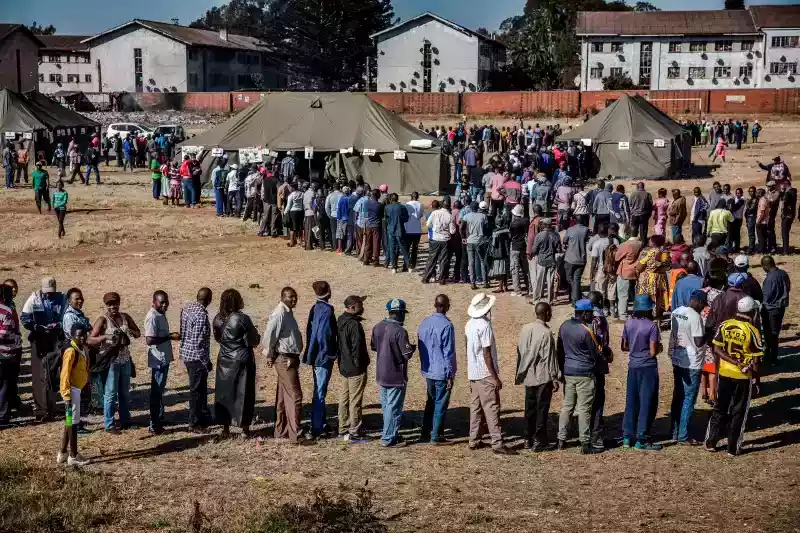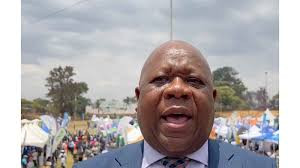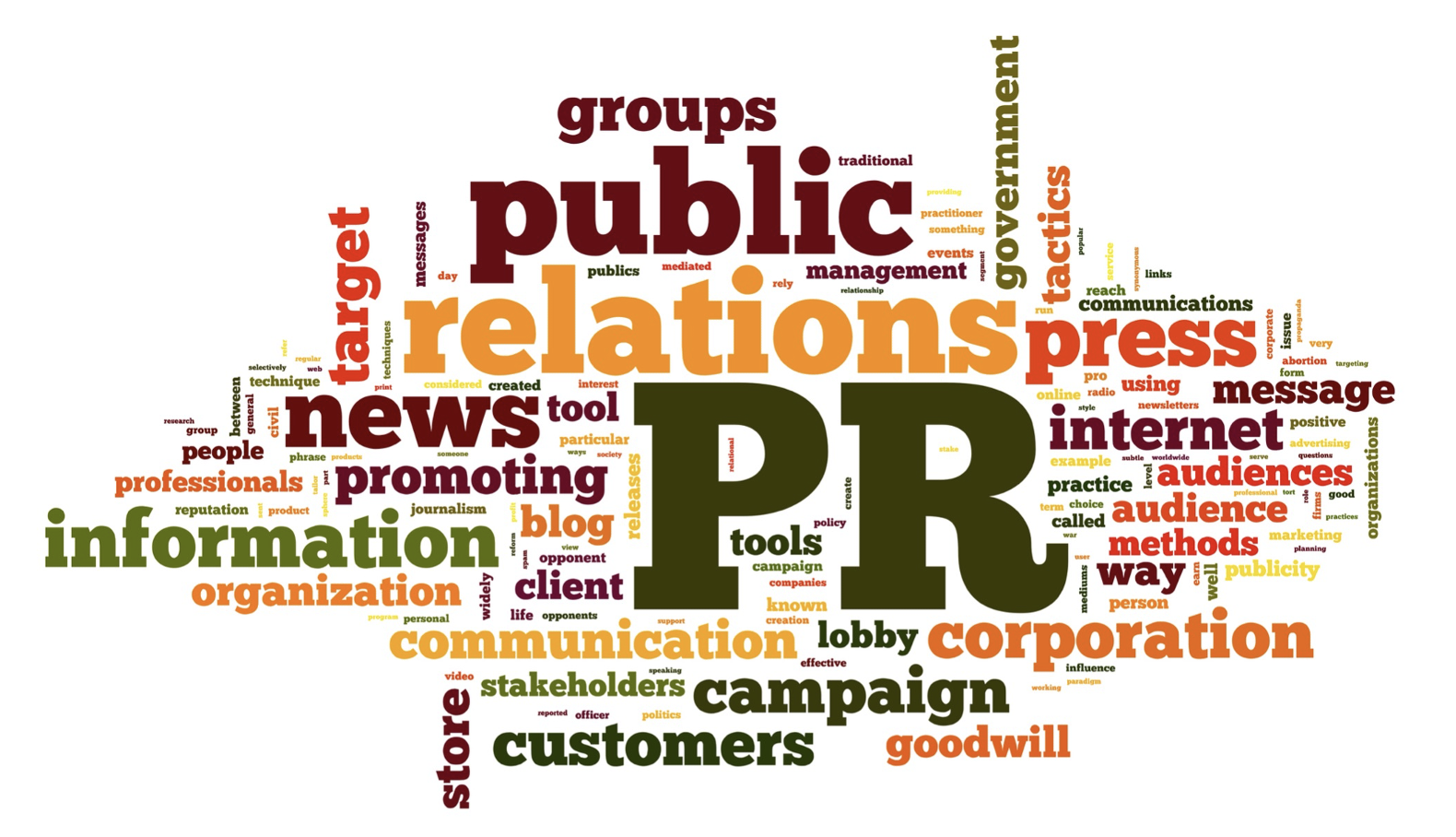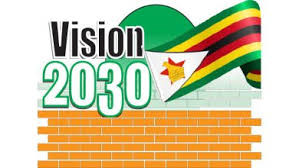
POLITICAL participation in any country is the cornerstone of democracy because it allows citizens to engage with political processes, express their preferences on any given matter and also influence decision making in their country. Efforts at democratisation aim to increase political participation which creates a system that is inclusive and reflects the will of the people.
Participating in political processes is a citizen’s democratic right and it is expressed in different forms which are voting, running for office, being a member of a political party, participating in public debates and also protesting when there is a need to do so.
Political participation directly provides citizens with many opportunities some of which include shaping policies, influencing the opinion of the public and holding elected representatives accountable.
Inclusive political participation ensures that all segments of society whether the upper or lower segment, groups that are marginalised all have a voice in the decision-making processes of their country. Inclusive participation is also there to address social inequalities among citizens and it also reduces the concentration of power in the hands of a few.
There are also factors that can hinder the participation of citizens in political processes and these are suppression of voters, electoral laws that are restrictive for example according to recent Zimbabwean elections if one wanted to be a presidential candidate they were supposed pay a non-refundable amount of US$20 000 to the Zimbabwe Electoral Commission (Zec) which hinders those that have no money.
To enhance the political participation of citizens in Zimbabwe there is need to strengthen civic education programmes to inform citizens of their political rights, political processes and the importance of participating in political processes.
Implementing electoral reforms that remove barriers will also be a great start, for example Zec should do away with the US$20 000 paid by aspiring presidential candidates because as a commission it has an allocated budget.
To enhance political participation, there is also need to encourage those who are marginalised to take part in political processes not just by word of mouth but through affirmative action policies, quotas and also outreach programmes.
- RG's Office frustrating urban voters: CCC
- Fast-track delimitation, Zec urged
- Fast-track delimitation, Zec urged
- 'Political parties must not be registered'
Keep Reading
Technology can be used as a tool for political participation. The world has evolved into a digital society thus it is possible to enhance the use of digital platforms to facilitate citizen engagement, information sharing, mobilisation and it can go as far as having voter education on digital platforms.
It is evident that citizens have lost faith in the system and there is need to promote transparency, accountability and responsiveness in governance to restore lost trust and encourage citizen participation in political processes.
The youth of any given country which are the leaders of tomorrow are one group that can either feel neglected in political processes or decide to sabotage the whole process if they are not handled well.
It is quite obvious that the way those who are past the youth stage think is different from the way youths think and it is very important to engage the young people and hear their views.
Initiatives that are made during political processes should be able to accommodate the youth in a way that makes them feel free to air their views and grievances.
There is also a need to involve the youth in decision-making processes not only as voters or when seeking new ideas but ensuring youths contest for positions. This can champion their cause and restore faith in the system.
It is easier for a youth to advocate for the empowerment of other youths than for an old man to champion the cause of the youth.
Providing an opportunity for the youth to hold their youth-led initiatives is the first step in a journey of advocating for youth participation in the political processes of Zimbabwe.
The journey to full participation in political processes might seem to be a very long one but it is important to utilise the shortcuts because political participation is vital for the full functioning and vibrancy of democracy.
Political participation ensures that citizens also have a say in governance. Overcoming barriers to political participation and promoting inclusive engagement is not a one man thing, it has to include the government, civil society and the citizens themselves thus there’s need to implement strategies that enhance political participation so that the whole political process reflects the diverse voices and aspirations of citizens.
- Kimberly Mawoyo and Ruvimbo Denya are students at Africa University studying for a BSc degree in International Relations. They can be contacted on [email protected] and [email protected]











